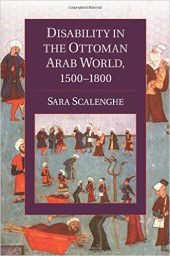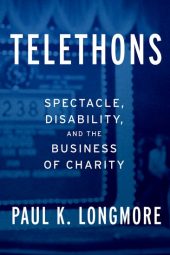The Disability History Association is pleased to announce that Committed: Remembering Native Kinship in and Beyond Institutions by Susan Burch has been granted this year’s Outstanding Book Award.
The committee described the work as “a beautifully written and constructed book…that transforms the way that scholars think about and do “institutional histories.” It is “a powerful book that makes a huge contribution to the field” and “sheds light on the entanglement of settler colonialism, racism, ableism and sexism.” “The author does not write a top-down history but rather provides a microhistorical approach, focusing on the lived stories.” Committed is an “innovative and an important contribution to the field as Native American history has scarcely been explored through the lens of disability.” “More than traditional ‘history,’ it is a remembering, a reinvigoration of cultural memory nearly lost due to inaccessible institutional archives and direct oral traditions.”
The DHA is also pleased to announce that Familial Fitness: Disability, Adoption, and Family in Modern America by Sandra M. Sufian has been awarded this year’s Honorable Mention.
The committee shared the following assessment: “Sufian’s study…represents intersectional history at its best by unpacking numerous entanglements such as race, eugenics, and epidemics…The narrative is persuasive in showing how dominant views on normality and health in American society have shifted throughout the century.” Familial Fitness is a “masterful book…The analysis is clear, compelling, and well substantiated.” The book is “a well-argued and rigorously researched history of disability and adoption in the United States. The author shows clear mastery over the legal and systematic structures that dominate Modern American adoption processes.”
Congratulations!

